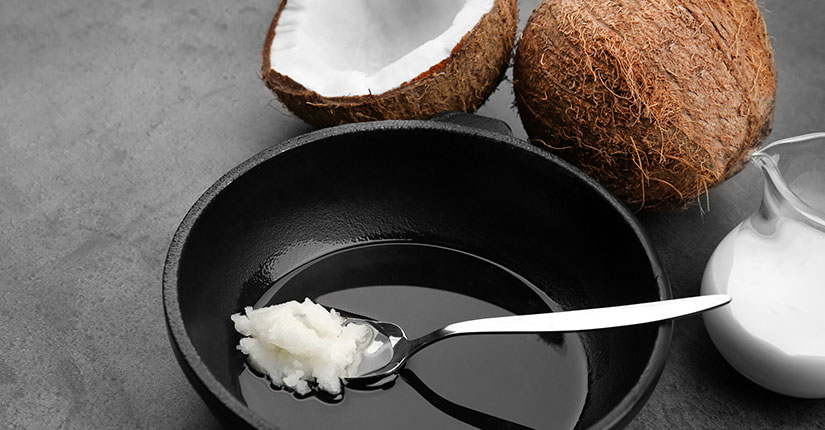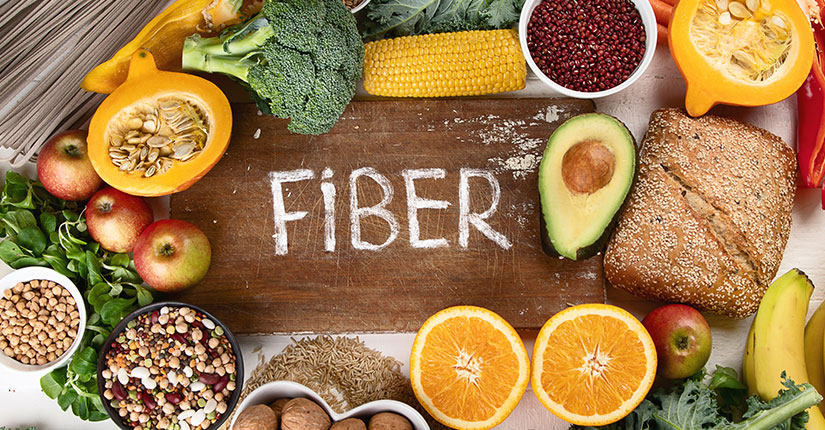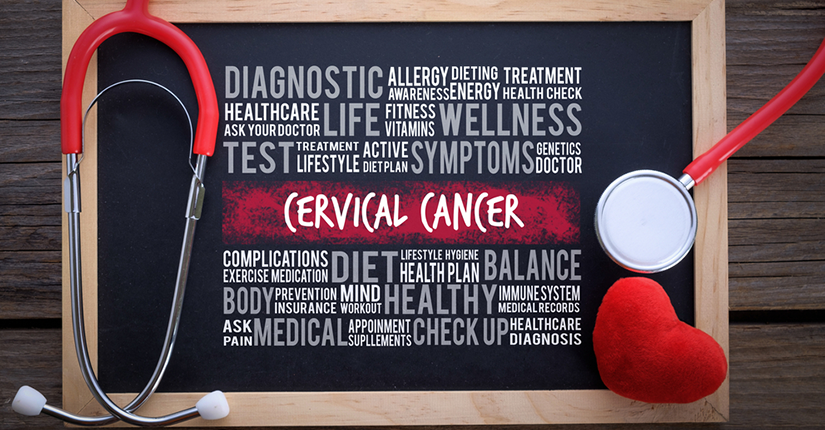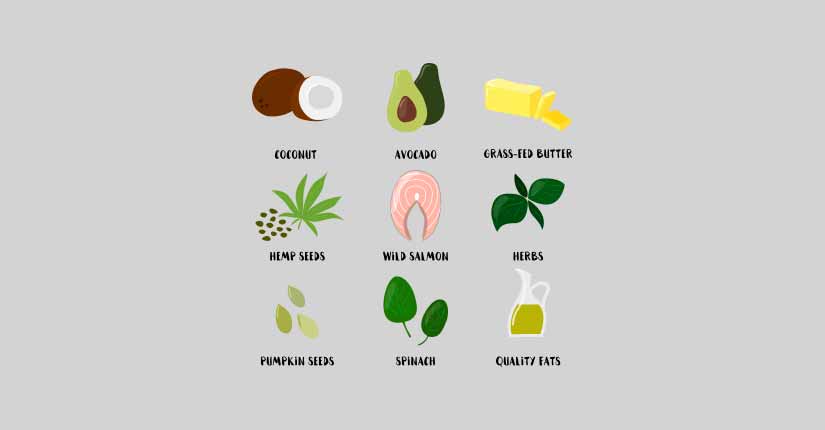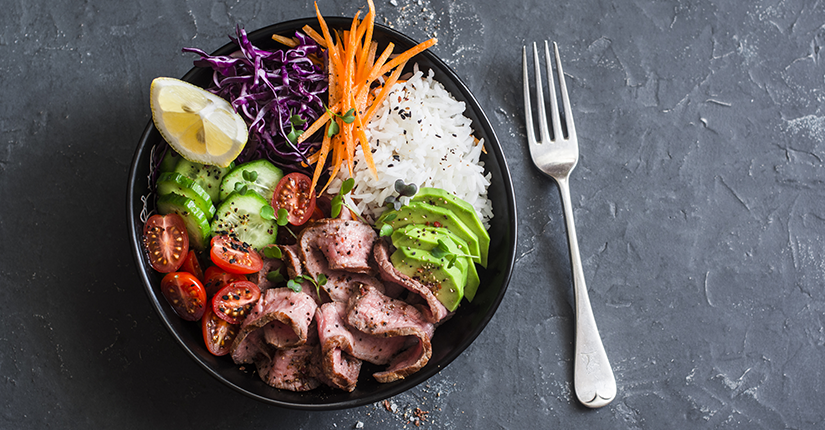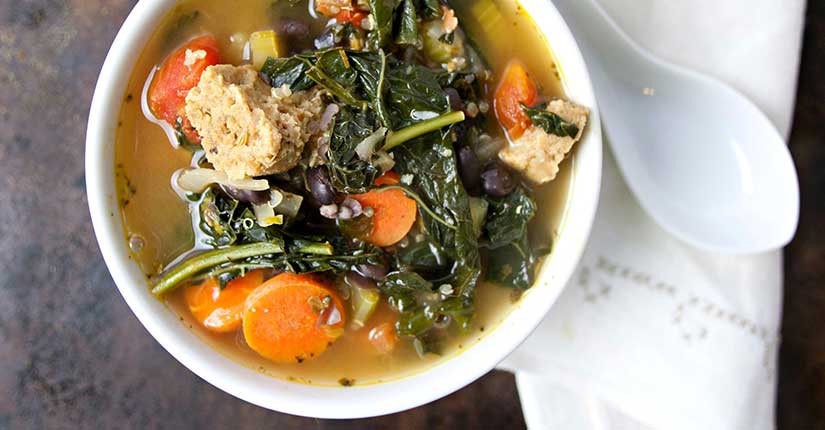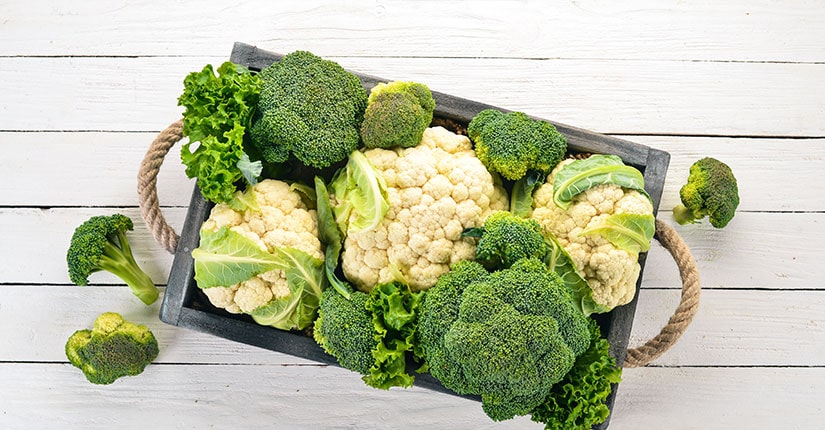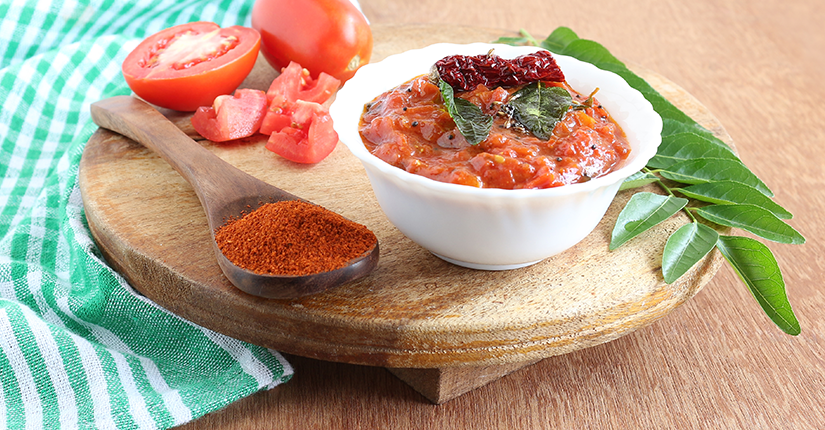Dietary Modification for Management of Cerebral Palsy
By Nmami Agarwal 06-Oct 2021 Reading Time: 5 Mins

People with cerebral palsy (CP) have problems with muscle tone, movement, or motor skills. They also have to face growth deficits because of swallowing, feeding, and digestive problems. That is the reason they need to have a balanced and nutritious diet for overall health and growth.
Dietary Modifications for managing Cerebral Palsy:
- Include high-calorie & nutrient-dense foods: Many individuals with cerebral palsy may be undernourished because of difficulties controlling the muscles around the mouth. As a result, they may struggle to chew and swallow the food easily. High-calorie and nutrient-dense foods like avocados, olive oil, eggs, green leafy vegetables help ensure that individuals with CP are eating enough calories without needing to increase the volume of food they eat.
- Consumption of Vitamin-C should be increased: Many individuals with cerebral palsy suffer from mood swings, depression, and anxiety. It is possible that they lack enough vitamin C to synthesize the norepinephrine neurotransmitter in the brain. An adequate amount of vitamin C-rich foods like oranges, lemon, and tomatoes also helps people to battle common illnesses so they must be included in diets.
- Calcium & Vitamin D-rich foods are must: Calcium is important because many individuals with cerebral palsy are diagnosed with osteopenia, a medical condition marked by fragile and weak bones due to a decrease in calcium, so it is important to include calcium-rich foods like milk, yogurt, and cheese for proper muscle contraction. Also, Vitamin D for better calcium absorption is found in fatty fish, egg yolks, fish liver oil, and fortified foods.
- Include Omega-3 fatty foods: Omega-3 fatty acids can help people with cerebral palsy that has learning difficulties, as it helps improve cognitive functions such as learning and memory. Foods like fish oil, flaxseeds, and almonds are rich sources of omega-3s.
- Zinc-rich foods for cognitive development: Zinc plays an important role in boosting cognitive development reducing emotional outbursts which is common in individuals with cerebral palsy. Foods like nuts, whole grains, beans, and milk products are rich in zinc.
- Avoid refined grains over whole grains: Many individuals with cerebral palsy sit in a wheelchair for most of their day and this causes the abdomen to compress for long periods, which slows digestion and decreases blood flow. Whole grains like oats, brown rice, whole wheat, whole rye, barley, and quinoa are extremely nutritious and high in fibre. The dietary fibres found in whole grains are called probiotics and they help build healthy bacteria in the gut and aid in digestion whereas it is difficult to digest refined grains easily.
- Restrict the intake of spicy foods: Greasy, spicy, and oily foods like chips, biscuits, deep fried foods, and other packaged, and processed foods should be avoided as they can cause acid reflux and heartburn among individuals with cerebral palsy.
Over to you:
A good, nutritious diet can help improve immune function, circulation, and cognition among individuals having cerebral palsy. Along with this moderate physical activity should be encouraged. If managed and treated effectively, it can help to reduce its symptoms to elevate it any further.

